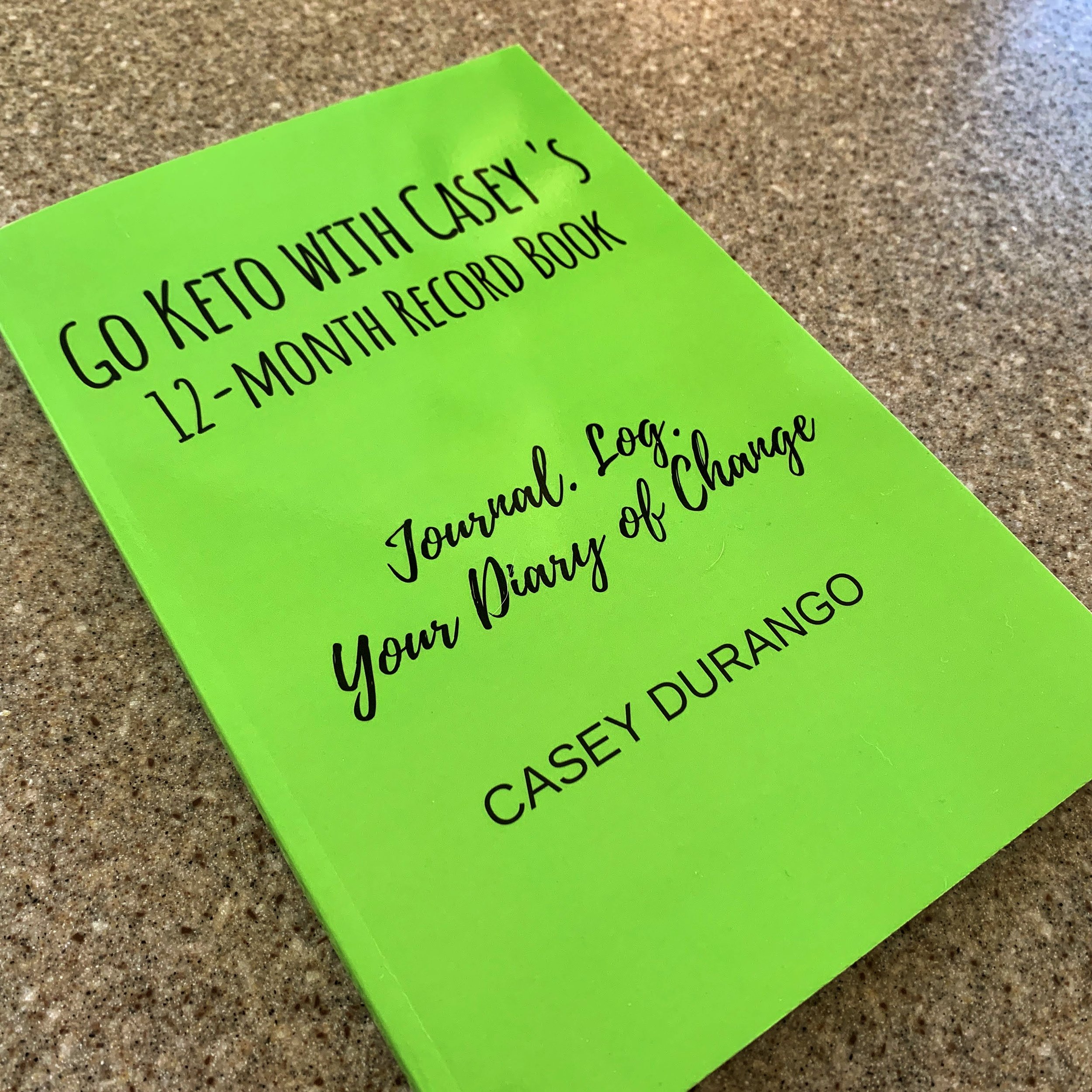Isn't it Expensive to Eat on a Ketogenic Diet?
/Affordability is an understandable concern when contemplating starting a low carb/high fat (LCHF), ketogenic way of eating since inexpensive foods like rice, potatoes, pasta and bread are replaced with seemingly more costly ones of fresh vegetables, meat, poultry, seafood, avocados and all those lovely foods that make this protocol so delightful.
We are clearly helping keep Costco in business. You're welcome, Costco.
I'll share that My Lovely Mate and I eat very well. We're blessed to be able to keep a full fridge plus a spare freezer, stocked with foods that can be found on this post, my version of Dr. Eric Westman's "page 4" as mentioned in this video. (Seeing this video is what got me started on this adventure and is highly recommended) We've always had plenty of food on hand, even before eating LCHF. The thing is, we now spend less money than before. And the food is luxurious.
It seems counter-intuitive that we could eat thick-sliced bacon, rib-eye steaks, scallops, shrimp, standing rib roast, extra virgin olive oil, Kerrygold Butter, feta cheese, brie, lamb, thick-cut pork chops, heavy cream and spend less than we did when the pantry stocked with flour, popcorn, chips, rice, beans, and crackers. But it's true.
I track our expenses every day and every penny spent is categorized. I run an expense report comparing the most recent rolling 12 month period to the previous 12 months. I've been eating this way since January 8, 2014. Lovely Mate since ~August 1, 2014. Without fail, the 12-month comparisons show hundreds of dollars less spent on groceries the longer we're eating keto.
But how?
It may sound simplistic, but the truth is we simply eat a lot less. Our meals are fewer and, for the most part, comprised of less food. The food we eat nourishes and satisfies us, even as the volume is way down.
We are both keto-adapted. That means we're burning fat (ketones) for fuel rather than carbs (glucose). Through the wonder of the human body, that means our nutritional needs are met by not only the fuel we eat but the fuel (fat) that is already on board. Lovely Mate is trim and athletic, with around 15% body fat. Even at that, he has plenty of calories, derived from the body fat, to stoke his furnace. I - decidedly MORE than 15% body fat - have so much fuel onboard that I could start a whole other person. Wish there was a body fat exchange, like the Carbon Trade Allowance swap. I'd gladly give some of mine up to anyone with a deficit.
So could it be argued that anyone's grocery bill would go down if one just ate less food? No doubt. But we want less food. We need less food. We're not depriving ourselves of food. We're getting more nutrition and satisfaction from less.
Honestly, I was surprised by this. We had fully expected our grocery budget to go up, having committed to eating this way for health and happiness and considered the food expense to be money better spent than trying to retrieve our health later. So when I looked at those numbers I was pleased but taken back a bit.
Again, the food is a delight. Tonight will be bacon-wrapped scallops (so easy!) with broccoli, dripping in butter. Five scallops for him, four for me. Doesn't sound like food much but we'll finish our meal full and happy even after having eaten very small - or no - meals earlier in the day. Less food, less money, more happiness. Win-win-win.
The information I present here is based on my own experiences and personal research. While I’ve been fortunate to have exposure to leading researchers, physicians and journalists regarding the ketogenic specifically and LCHF (low carb/high fat) more generally, we are all responsible for our own choices, including what we put in our mouths. I welcome questions, comments and even civil criticism. I’m still learning. So, if you have something to add, go for it. Thanks! - Casey




